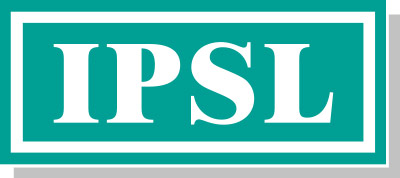Hygienic wall cladding is an essential component of commercial spaces, especially in areas where hygiene is of utmost importance. Hygienic wall cladding is the process of installing wall panels that are specifically designed to improve hygiene and cleanliness in commercial settings. These wall panels are made from materials that are easy to clean, resist bacteria growth, and maintain their appearance over time.
The importance of hygienic wall cladding in commercial spaces cannot be overstated. In food processing facilities, for example, it is essential to maintain a clean environment to prevent contamination of food products. Similarly, in healthcare facilities, the risk of infection is high, making it crucial to ensure that surfaces are easy to clean and maintain. Hygienic wall cladding is also essential in other commercial settings, such as pharmaceutical facilities, cleanrooms, and laboratories.
The benefits of hygienic wall cladding are numerous. One of the main benefits is that it is easy to clean. The smooth surface of hygienic wall cladding makes it difficult for dirt and bacteria to accumulate. The panels can be wiped clean with a damp cloth, and any spills or stains can be easily removed. This makes hygienic wall cladding an excellent choice for areas where cleanliness is a top priority.
Another benefit of hygienic wall cladding is that it is highly durable. The panels are made from materials that are resistant to damage, including scratches, dents, and impact. This means that they can withstand regular wear and tear, making them a cost-effective solution for commercial spaces.
Hygienic wall cladding is also highly customizable, with a range of colors and finishes available. This means that it can be tailored to the aesthetic needs of the commercial space, while still maintaining its hygienic properties.
When installing hygienic wall cladding, it is essential to ensure that it is done correctly. This involves selecting the appropriate materials and ensuring that they are installed according to industry standards. It is also important to ensure that the wall panels are properly sealed to prevent any gaps where dirt and bacteria can accumulate.
In conclusion, hygienic wall cladding is an essential component of commercial spaces where hygiene is of utmost importance. The benefits of hygienic wall cladding include easy maintenance, durability, and customization options. When installed correctly, hygienic wall cladding can provide a long-lasting, cost-effective solution to maintaining a clean and hygienic environment.

